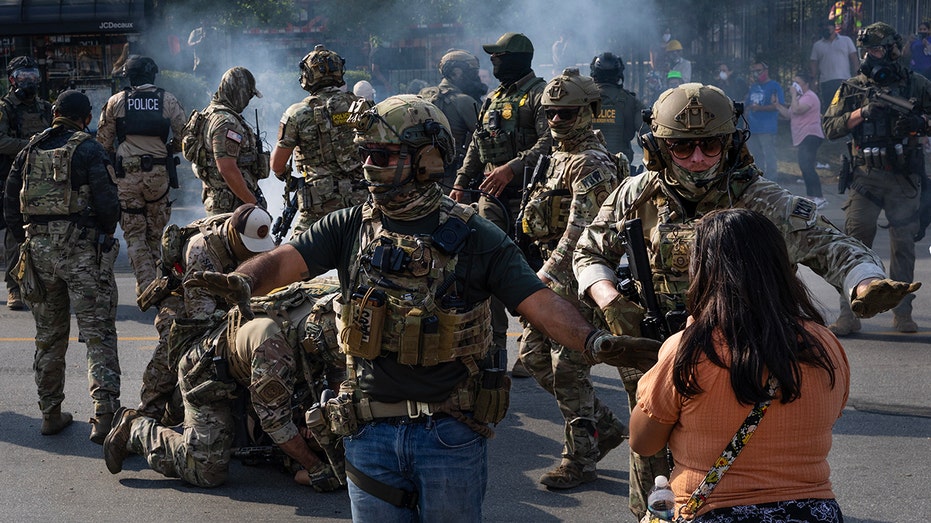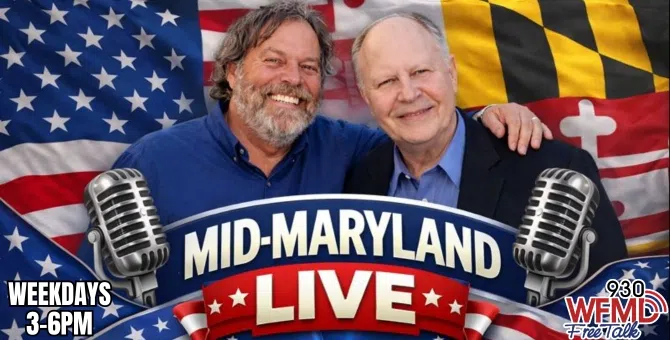A Chicago suburb’s police department is under fire after it announced a Montenegran immigrant serving on the force that had been arrested by ICE for a visa-overstay will continue on the job.
Officials in Hanover Park, Illinois – which straddles DuPage and Cook Counties — defended Officer Radule Bojovic, saying in a statement to CBS News he had been hired in “full compliance” with the law, and had proper federal work authorization.
DHS was nonplussed, with Assistant Secretary Tricia McLaughlin commenting, “What kind of police department gives criminal illegal aliens badges and guns? It’s a felony for aliens to even possess a firearm.”
“A so-called law enforcement officer is actively breaking the law,” McLaughlin said, with her agency releasing further statements claiming Bojovic’s employment had an estimated cost to taxpayers of $205,707.
BORDER PATROL CHIEF FIRES BACK AFTER CHICAGO MAYOR CALLS HIM ‘BARBARIC’ OVER TEAR GAS CLASH
The agency said Bojovic was “encountered” during Operation Midway Blitz, the Chicago ICE and Border Patrol enforcement action led by Commander Gregory Bovino.
Bojovic’s tourist visa reportedly expired in 2015, leading McLaughlin to wonder in a statement how he could be hired after 10 years living in the U.S. illegally.
Hanover Park officials told CBS News that Bojovic was hired through the proper checks and channels and he also provided a valid work authorization card that had recently been renewed.
ICE ARRESTS ILLEGAL IMMIGRANT ACCUSED OF DECAPITATING ILLINOIS WOMAN AFTER JUDGE SET HIM FREE
Bojovic’s first day back on full duty was Tuesday, according to police statements, as officials said the man’s $2,500 bond from his DHS case was not contested.
That did not quell other conservatives, including commentator Chaya Raichik, better known as “LibsOfTikTok.”
“Crazy as hell,” Raichik wrote on X. “Why is an illegal alien working as a cop and getting paid by our tax dollars.”
Raichik also criticized a report that Bojovic will receive back pay for the time he has been off duty.
Bojovic has no criminal history in Illinois State Police and federal databases, according to Chicago’s FOX affiliate.
A town in Maine is also under scrutiny after ICE claimed an illegal immigrant from Jamaica was serving as a reserve police officer in a “sanctuary jurisdiction” when he was reportedly arrested for unlawfully attempting to purchase a firearm.
Fox News Digital reached out to Hanover Park Police administration as well as a deputy chief listed on a press release about the matter, for further comment.





